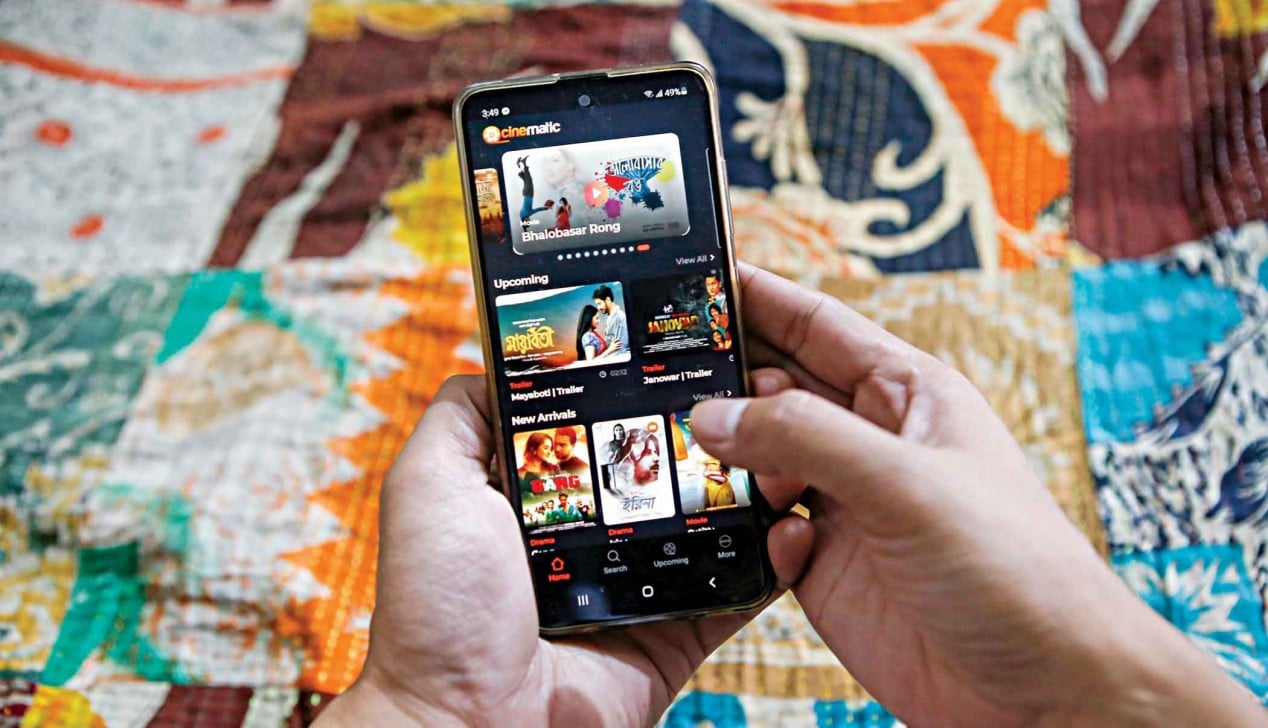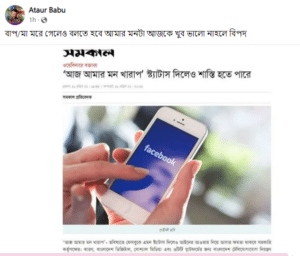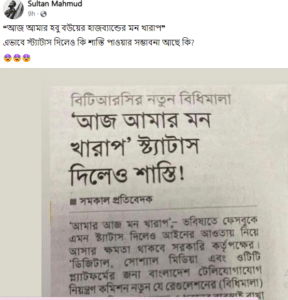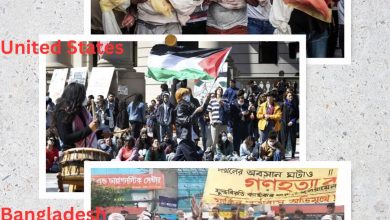New BTRC regulation: Even if you give the status of ” I am upset today ” there may be a punishment

Even if you give the status of ” I am upset today ” there may be a punishment . In the future even if such a status is given on Facebook the government authorities will have the power to bring it under the law. One of the daily newspaper published this news item on the front page of the headline. The news of such a law is being discussed on social media.

This is because the Bangladesh Telecommunication Regulatory Commission has drafted a new set of regulations for Digital, Social Media and OTT Platforms. Not only that the new rules focus on accessing and controlling personal conversation information on Apps like WhatsApp and Messenger. These rules like the Digital Security Act, would be another violation of fundamental right, which would not actually curb cybercrime. This was stated by the speakers at a webinar organised by the committee for the protection of Fundamental rights on Saturday .

Prominent lawyer. Dr. Shahdin Malik spoke at the beginning of the webinar . The keynote address was delivered by Mahfuzul Haque Supon, Law Teacher, Dhaka University (DU). Lawyer Barrister Sara Hossain and Law Teacher of Independent University Nuran Chowdhury also spoke at the webinar hosted by human rights activist Zakir Hossain.
Dr. Shahdin Malik said, “When the Digital Security Act was enacted, there were fears of misapplication by highlighting some aspects of the Act. When the law was enacted, it was said that it was being done to curb cyber crime. But after the enactment of the law, it was seen that this law has been used not as a suppression of cyber crime, but as a tool to curtail the right of expression of the common man.
He said, “If everything is not clear in the law, there is a lot of ambiguity, then there is more opportunity for abuse. A similar situation exists within the rules that are now being put in place to regulate digital and media and OTT platforms. These rules will severely damage the protection of personal information. “Probably, before the election, the authoritarian government makes such laws and regulations which are against the fundamental rights to establish more authority,” he added.
In the main article, Mahfuzul Haque Supan said, “The draft of the BTRC rules has mainly targeted the content of digital media and OTT platform. They will keep the content they like, they will stop what they don’t like. Not only that, the rules also state that no encrypted information from WhatsApp or Messenger will be allowed. This means that the authorities want access to people’s private conversations. If there is no encryption, the authorities can enter into any conversation at any time.
“It is a direct violation of the fundamental rights of the constitution,” he said. Because the law on letters also says that no one’s personal letter can be opened. Accordingly, the United Nations says digital media must ensure the protection of personal information and privacy. That is, the UN has supported encryption. But the BTRC rules contradict the country’s constitution, laws and UN declarations. If these rules are issued, it will severely curtail the right of the people of the country to express themselves. Even if someone gives a status like ‘I’m upset today’ on Facebook, the authorities can take action against him if they want under the BTRC rules.
The BTRC had published the “Bangladesh Telecommunication Regulatory Commission Regulation for Digital, Social Media and OTT Platforms” online on Feb 3.
According to the various human right organisations, the regulations imperil people’s freedom of expression, and right to privacy, undermines encryption and weakens online safety.
“If enforced, the regulations will have a deleterious impact on human rights, and put journalists, dissidents, activists and vulnerable communities, in particular, at greater risk.”
According to the section 7.03 of the regulation it has to be ensured that messaging service providers are able to identify everyone who avails their services.
This will violate the users’ basic right to privacy. These types of restrictions are imposed only to prevent terrorism and child pornography.
Using this to stop criticism of the government and to surveil over the opposition is unacceptable, reads the statement.
If this is actualised people will be unable to express themselves freely and due to international laws many messaging services will stop providing services in Bangladesh.





